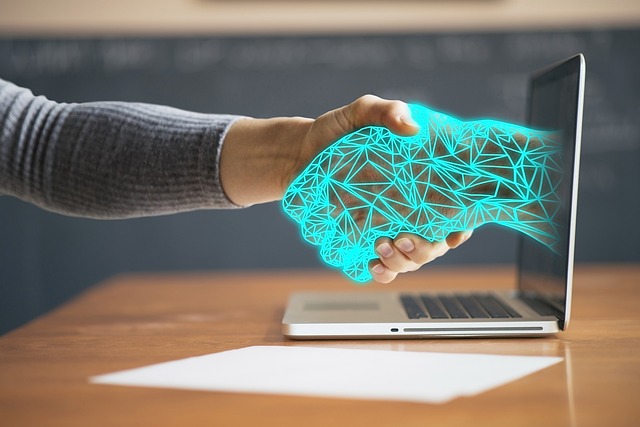
The Impact of Artificial Intelligence on IT and Informational Technology: A Comprehensive Analysis
The Impact of Artificial Intelligence on IT and Informational Technology: A Comprehensive Analysis
In today’s fast-paced digital world, artificial intelligence (AI) is transforming the landscape of Information Technology (IT) at an unprecedented pace. The infusion of AI technologies into various IT processes is not just a trend; it’s a seismic shift that is revolutionizing how businesses operate, manage data, and interact with their customers.
The Evolution of IT in the Age of AI
Once, IT was primarily about managing databases, maintaining network infrastructure, and providing tech support. However, with the advent of artificial intelligence, the scope of IT has expanded dramatically. AI algorithms can analyze vast volumes of data, enabling businesses to make data-driven decisions quickly. With machine learning and predictive analytics, organizations can foresee trends, optimize operations, and even personalize user experiences. This shift from reactive to proactive IT strategy is empowering businesses to innovate in ways previously considered impossible.
Enhancing Data Management
In today’s digital era, data is often referred to as the new oil. AI plays a crucial role in refining this data, allowing IT departments to effectively manage and extract meaningful insights. Automated data processing systems powered by artificial intelligence can identify anomalies, categorize information, and ensure data quality at a scale that manual processes simply can’t match. This means quicker responses to market changes and a more agile IT infrastructure.
Streamlining Operations
IT operations, once fraught with complexity and inefficiencies, are undergoing a remarkable transformation through the automation capabilities of AI. From automating routine maintenance tasks to implementing advanced monitoring systems, artificial intelligence is helping IT teams reduce workload and focus on strategic initiatives. Solutions like AI-driven chatbots and virtual assistants are also enhancing user support, allowing teams to address issues faster and improve overall service quality.
Enhancing Cybersecurity Measures
As the world becomes increasingly interconnected, the importance of cybersecurity has never been greater. Cyber threats are evolving, and traditional security measures often fall short. With artificial intelligence, organizations can leverage machine learning algorithms to detect anomalies and predict potential threats in real-time. This allows IT departments to be one step ahead of cyber adversaries and significantly reduce the risk of data breaches.
Cultivating a Data-Driven Culture
The introduction of artificial intelligence into IT is not merely about enhancing technical capabilities; it’s about fostering a data-driven culture within organizations. Data literacy is becoming a critical skill in IT teams, as employees are empowered to leverage insights from AI systems to drive decisions. This cultural shift emphasizes collaboration and innovation, with IT departments taking on a pivotal role in shaping business strategies.
The Future of IT with AI
The journey of integrating artificial intelligence into informational technology is ongoing, filled with both challenges and opportunities. The IT landscape will continue to evolve, adapting to advancements in AI and its applications. As we embrace this technological revolution, IT professionals must remain agile, embracing continuous learning and adaptation to harness the full potential of AI.
Artificial intelligence is not just impacting IT; it is redefining what the future of technology looks like. With a commitment to leveraging these advancements, businesses can position themselves at the forefront of the digital transformation, creating a more efficient, secure, and innovative technology environment.



